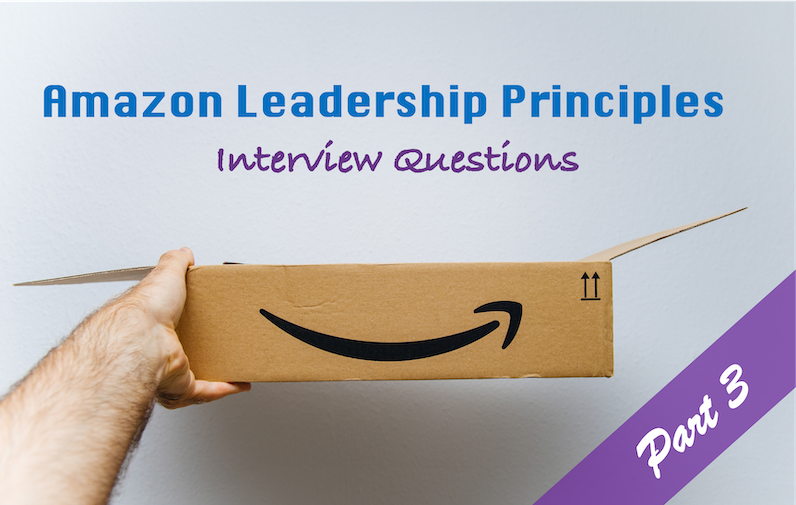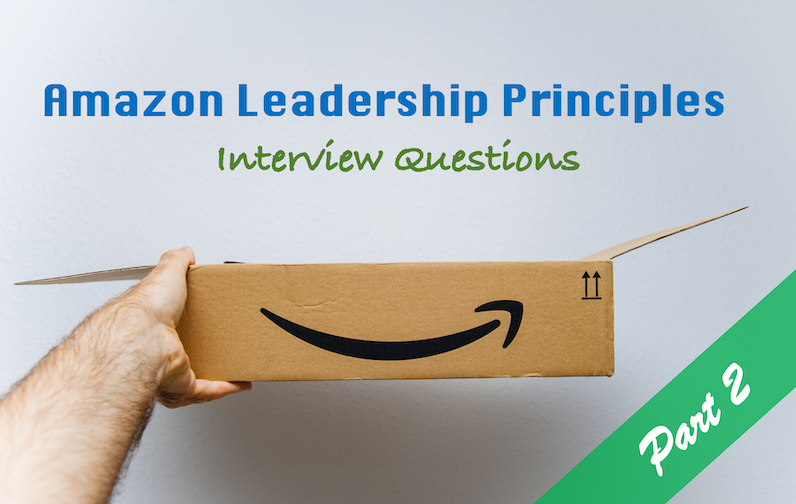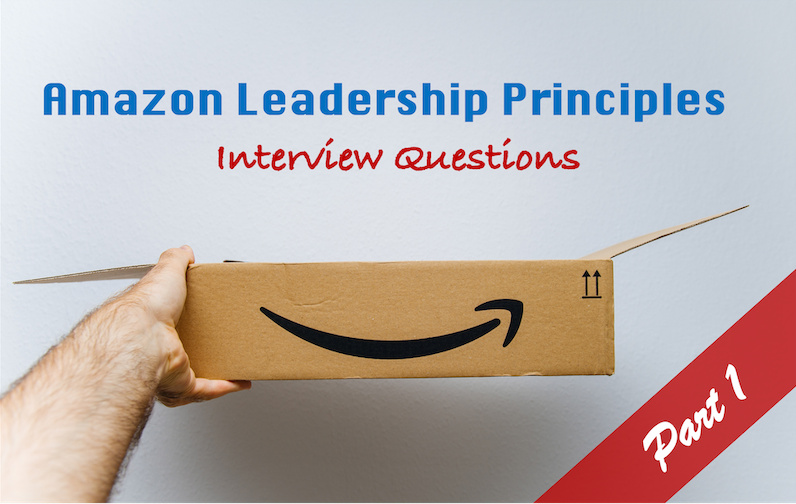In the previous post, we talked about why in the behavioral interviews, conflict management is one of the most significant skills that recruiters assess the candidates based on. In this article, we discuss 8 simple ways to efficiently handle conflicts in the workplace.
When conflict occurs, it’s important to know how to handle it and find a solution in a professional manner. Whether you work in a leadership role or not, conflict handling is a vital skill to practice and become better at. Here are 8 efficient practices to handle conflict like a leader.
1. Face-to-face communication
When handling conflicts, try to speak to the parties involved face to face. Visual communicative cues like body language, eye contact, and facial expressions can help you to decipher how people feel. Text communication alone may not properly convey information or even cause a situation to escalate due to misunderstanding. Book in-person or virtual conference calls to discuss the conflict in an open, safe forum.
2. Listen
Try to prioritize active listening and objectivity. You might have a pre-judgment of people and situations but it can affect your opinion on the matter. Let each person have their say, uninterrupted, before giving your response or assessment. You can then ask more questions to clarify your level of understanding.
3. Identify the conflict
In order to find a solution, you must have a clear understanding of the conflict itself. This can be accomplished by summarizing and assessing the points made by the affected parties. You should have a concise knowledge of the disagreement and unmet needs. This will enable you to prioritize which areas need immediate resolution.
4. Investigate
Sometimes, a lack of information may be a catalyst for conflict. You can counter this by planning where and how to gather more information to make a better decision. One way to do this is by talking to other colleagues affected by the conflict to gain a deeper insight into underlying issues in the workplace.
5. Suggest long and short-term solutions
A conflict may require a lot of work and time to reach a resolution. To be more efficient, you can suggest short-term solutions which work towards accomplishing a more long-term and solid arrangement. Working on a solution in stages helps to minimize stress levels and gives your colleagues time to work on their individual contributions to the long-term goal.
6. Foster responsibility
Each person involved in a conflict must pull their weight around to dissolve tensions. As a leader, you should identify which areas could be improved to alleviate the situation and give each person something to be accountable for. Each person will have to work together as a team in order to move forward and do their part to achieve common goals.
7. Write everything down
Write down your solution and properly document each stage. This helps to re-iterate the agreement and inform each stakeholder of the process via tangible documents and/or digital copies. Keeping documentation will also serve as an archive that could make future conflicts easier to handle.
8. Have an ongoing evaluation
After you’ve reached an amicable agreement, it’s important to keep track of its progress. This will allow you to adjust the solution in case any changes are made in the company. Keeping lines of communication open and collecting feedback are also ways to constantly evaluate and ensure the success of your plan.
Conclusion
Conflict may seem daunting but it is a common part of daily life. Handling conflict is a skill that leaders should strive to become better at to maintain an optimal workflow. It may require a lot of time and effort but with the right strategy and dedication, conflict can be handled professionally and efficiently in all fields of work.
About TechMockInterview.com
On TechMockInterview.com, professionals from FAANG and other top-tier companies provide various sessions to prepare you for your upcoming interviews. We recommend booking Behavioral Interview Mentorship sessions while preparing for your interviews and Behavioral Mock Interview sessions once you have your interview scheduled.







